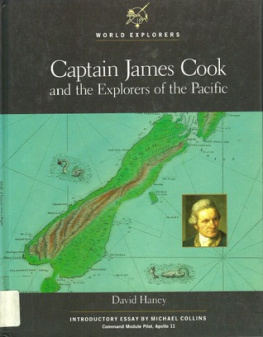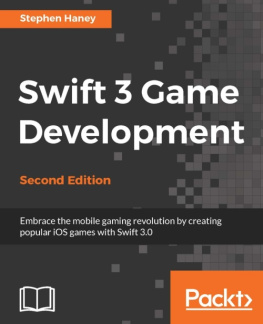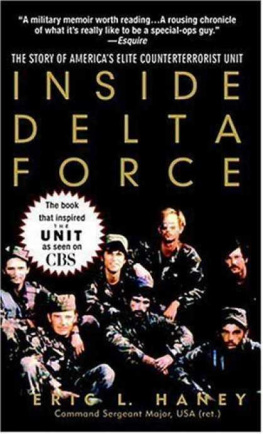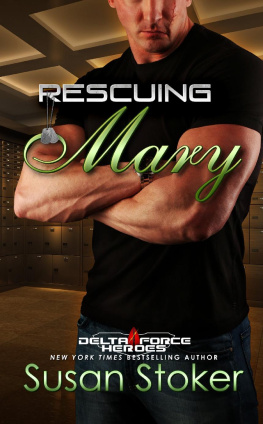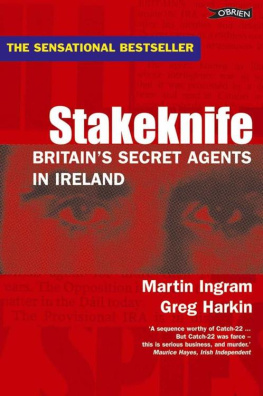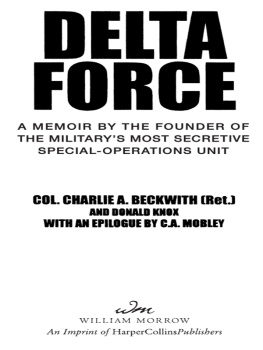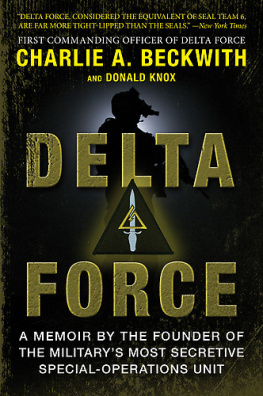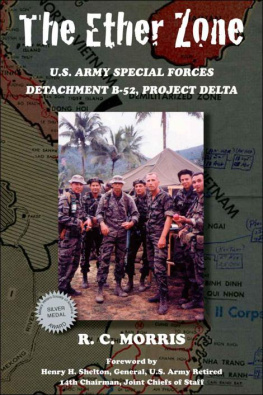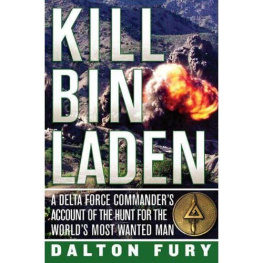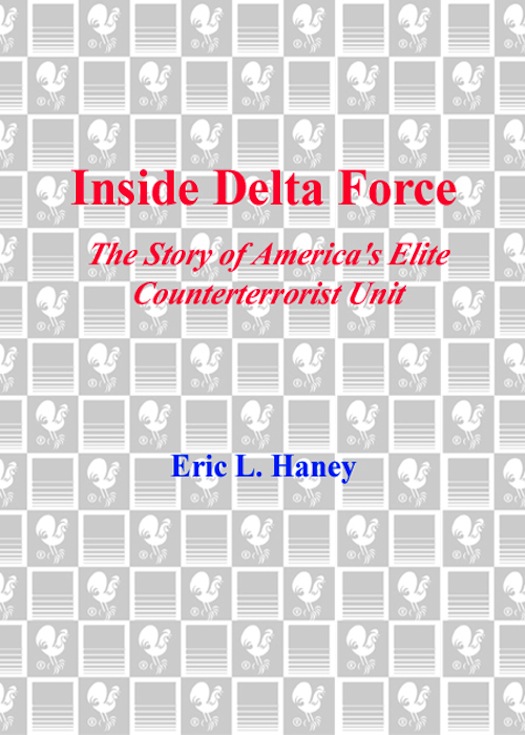
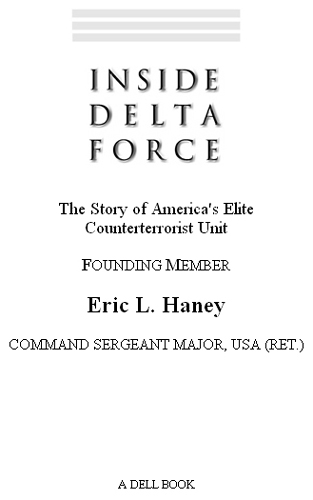

Contents

INTRODUCTION
I am a nomad, son of an ancient line of nomads. The larger part of my family line is made up of the Scots-Irish, a people descended from that peculiar mixture of the Celts of the northern British Isles and the invading Danes and Norsemen. The result was a landless, illiterate, anarchic, and warlike people who were always difficult, if not downright impossible, to govern. They were a race the British Crown rightfully viewed as dangerous rebels, and consequently exiled to the New World by the tens of thousands.
On arrival in the American colonies, these people fled as far as possible from government control, many of them crossing the Blue Ridge Mountains, and migrating from there throughout what eventually became the highlands of the southern United States. They were the original backwoodsmen of American history. In their new home these renegade peoples tended to travel together in interrelated clans that also married and bred quite readily with the Cherokee and Creek Indians of the region.
Both sides of my family were landless sharecroppers and mountain people as far back as I can determine. There is no written record of ancestry, for my parents were the first of our people to read and write and to own a little property. Inherited wealth may be something easily squandered, but inherited poverty is a legacy almost impossible to lose.
What did I receive from this lineage? Things I consider to be very valuable: a good raw intellect and a good tough body. A sense of independence and a realization that wherever I am is my home. A sense of humor. A sense of personal honor that results in a touchiness common to our people. We are easily offended and prone to violence when offended. When the only thing you own is your sense of honor, you tend to protect it at all costs.
I inherited a sense of wanderlust and a curiosity about the world. I inherited a warlike attitude; we have always been good soldierly material if properly disciplined and broken in. I inherited a sense of spirituality rather than religion, which has served me well, especially in trying times. I am self-confident and resilient. My psyche is self-cleansing. I love life.
I grew up in the mountains of north Georgia during the fifties and sixties. It was then part of the third world, and some say it still is. Electricity came to our home when I was a young boy. Indoor plumbing followed some years later.
Though I have some fair native intelligence, I never received any direction in school and was often an indifferent student. But I loved to read and would consume all my textbooks at the start of the year and then coast after that. I preferred roaming the mountains, hunting, fishing, and exploring.
I would become the first of my family to graduate high school, and for us that was considered a pretty good achievement, as our expectations werent very high. It isnt that my parents were against education, its that neither of them had gone further than elementary school and they just didnt have the ability or the understanding to help.
Though we may not have been scholars, we did know how to go into the military. I had grown up listening to the war stories and tales of my family and friends and I was determined to join up just as soon as I was able. I enlisted in the Army in the spring of 1970, while still in high school, with a reporting date immediately after graduation. I fell in love with the Army as soon as I met her.
I became a professional soldier, and that is what I will be until I die. The military is a profession that brands itself on the soul and causes you forever after to view the world and all human endeavor through a unique set of mental filters. The more profound and intense the experience, the hotter the brand, and the deeper it is plunged into you. I was seared to the core of my being.
For twenty years, I served America in the most demanding and dangerous units in the United States Army. As a combat infantryman, as a Ranger, and ultimately, as a founding member and eight-year veteran of the Armys supersecret counterterrorist arm, Delta Force.
Close brutal combat puts a callous layer on each individual who undergoes the experience. With some men, their souls become trapped inside those accrued layers and they stay tightly bound up within themselves, unable or unwilling to reach outside that hard protective shell.
For others, the effect is just the opposite. That coating becomes like a looking glass, highlighting and magnifying the things that are really important in life. Every sensation becomes precious and delicious. Even the painful ones. Sometimes especially the painful ones. I feel thats what my experiences have done for me.
I hate the destructiveness and waste of warfare, but I love the sensation of it. In combat, mankind is seen in absolutesat his very best or his very worst. There are no in-betweens. No one has a place to hide.
War has also taught me that each one of us contains every ingredient of the human recipe. By varying measure we are all cowards and brave men, thieves and honest men, selfish and selfless men, malingerers and champions, weasels and lions. The only question is how much of each attribute we allowor forceto dominate our being.
In combat, there are no winners. The victors just happen to lose less than the vanquished. One side may impose its will on the other, but there is nothing noble or virtuous about the process. People are killed and maimed, homes and communities are destroyed, lives are shattered, families are broken apart and scattered to the windand just a few years later, we can barely remember why.
Above my desk is a picture taken in 1982 of B Squadron, my old Delta unit. It is one of the very few group photos ever taken within our organization. It shows a group of hardened Special Operations combat veterans. In the course of the next decade, nearly every man in that photo would be wounded at least once, some multiple times. Many were maimed or crippled for life. A number would be killed in action. All of us are freighted with the memories of those times and events, and all of us are better men for the experience.
This is my story of that perilous yet fascinating world, as seen through my eyes and lived in my skin, told as honestly and faithfully as I can. I can do no more than that.
And in honor of my fallen comrades, I can do no less.

PROLOGUE
D URING THE 1970S, THE UNITED STATES BECAME THE favorite whipping boy for any terrorist group worthy of the name. They had come to realize that American interests could be struck with practical impunity throughout the world, and as the decade unfolded, the pace and severity of those assaults quickened. America, the Gulliver-like giant, had sickened of warfare in Vietnam and was both unable and unwilling to slap at the mosquitoes of terrorism.
For years, famed Special Forces officer Colonel Charlie Beckwith had been the lone voice crying in the wilderness about the terrorist threat facing the nation, and what it would take to effectively confront that threat. He had seen the need within the U.S. military for a compact, highly skilled, and versatile unit able to undertake and execute difficult and unusual special missions.
Next page

